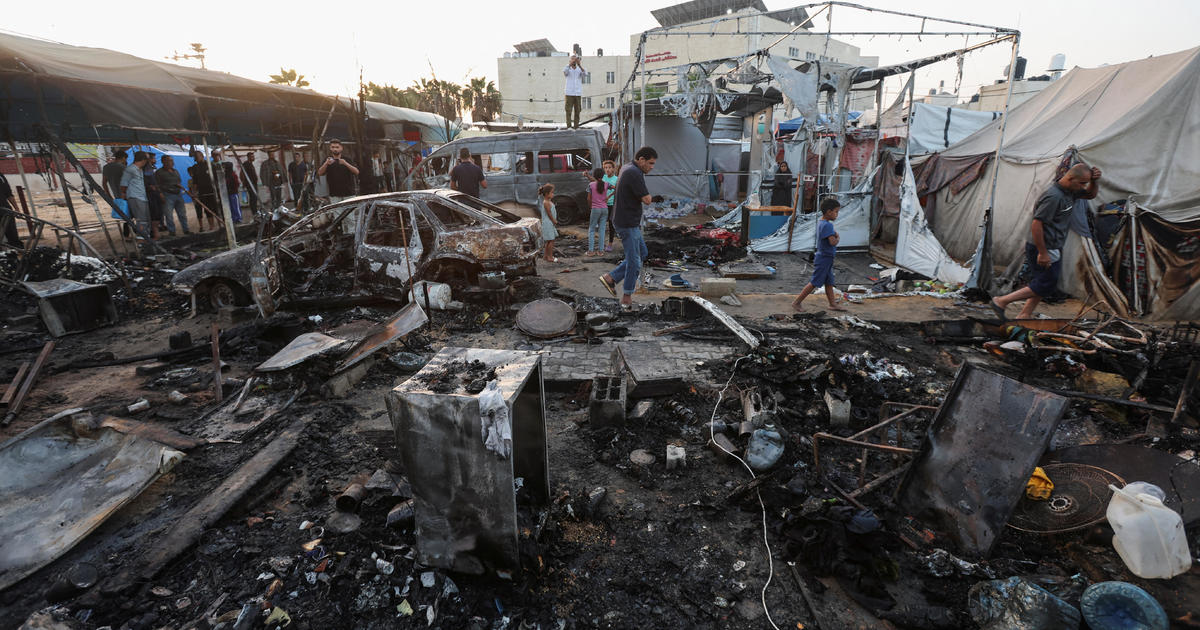The ongoing conflict between Israel and various militant groups, including Hamas in Gaza and Hezbollah in Lebanon, has resulted in a devastating humanitarian crisis and significant international concern. The situation is marked by intense airstrikes, cross-border attacks, and a massive displacement of civilians. The conflicting narratives surrounding the targeting of civilians, coupled with the potential for further escalation, necessitate a careful examination of the events and their implications.
Civilian Casualties in Gaza and Israel’s Response
The Israeli military’s ongoing operations in Gaza have resulted in a significant number of Palestinian civilian casualties. The reported death toll continues to rise, with reports of airstrikes hitting civilian areas, including a hospital. Videos circulating online showing civilians engulfed in flames following a strike near Al-Aqsa Martyrs Hospital have sparked widespread international condemnation.
International Criticism and Israeli Justification
The White House expressed deep concern over the apparent killing of civilians, stating that Israel has a responsibility to prevent civilian casualties. However, the Israeli Defense Forces (IDF) maintains that the strikes were intelligence-based and targeted militants operating near the hospital, attributing any resulting fires to secondary explosions caused by Hamas weaponry. The IDF insists it takes numerous steps to minimize civilian harm, but this explanation hasn’t satisfied critics. Several US Congress members went further, accusing Israel of genocide and calling for a halt to US weapons sales. This highlights the deep divide in opinions regarding Israel’s actions.
The Humanitarian Crisis in Gaza
The conflict has caused immense suffering for Palestinian civilians. The large-scale displacement of people from their homes, compounded by shortages of essential supplies, including food, water, and medical care, constitutes a serious humanitarian emergency. The destruction of infrastructure, coupled with the ongoing fighting, hinders the delivery of humanitarian aid. International organizations are working tirelessly to provide aid but face enormous challenges due to the ongoing hostilities and security concerns. The scale and intensity of displacement mean the recovery will likely take years.
Israel’s Response to Iranian Missile Attacks and the Risk of Escalation
Israel’s retaliatory actions against Iranian-backed groups in response to Iranian missile attacks and Hamas’s assault represents a further escalating situation. Following the Oct. 1 missile attack on Israel, Prime Minister Benjamin Netanyahu vowed retaliation against Iran. This has led to international concern about a potential full-scale regional conflict.
The Potential for a Wider War
The fear is that an Israeli attack on Iranian nuclear facilities or oil infrastructure could trigger a catastrophic regional war, possibly involving the United States. While an official in Netanyahu’s office assures that the United States’ concerns are heard, Israel’s decisions will ultimately be based on its own national interests. The precise nature and timing of the counterattack remain unclear and are closely guarded, indicating the seriousness of the situation and high stakes.
Hezbollah’s Attacks in Lebanon and the Displacement of Civilians
The conflict extends beyond Gaza. Hezbollah’s attacks from Lebanon have also led to widespread civilian displacement. More than 400,000 children have fled their homes in southern Lebanon, and Netanyahu declared that he would target Hezbollah without mercy, including in Beirut. Israel’s military admitted intelligence failures which lead to casualties from Hezbollah’s attacks. This admission of intelligence failings is quite unusual from an Israeli standpoint and demonstrates how complicated the whole conflict has become. This shows how Hezbollah is increasingly becoming a serious military player.
The International Response and the Role of the United States
The ongoing conflict is creating increased pressure on the international community, particularly the United States, Israel’s key ally. While the White House expresses concerns about civilian casualties, the extent of the US’s response remains a significant concern. The deep division on Israel’s actions in the United States political landscape could determine just how far it will involve itself further into the crisis.
Balancing Security Concerns with Humanitarian Needs
The international community faces the complex challenge of balancing the security needs of Israel and the humanitarian needs of Palestinians and Lebanese civilians. Finding a solution to this conflict, requires international cooperation to address humanitarian crises, end violence, and engage in effective peace negotiations. Given the significant role the United States plays in the region, the path forward largely depends on its ability to navigate the delicate situation with an effective policy that weighs both national interests and international morality.
The Road to Resolution
Finding a lasting resolution to this conflict requires a multifaceted approach addressing both immediate humanitarian needs and long-term security concerns. This demands a renewed effort by international actors to bring together opposing parties through direct diplomacy. Ultimately any durable resolution will require serious addressing of the underlying issues that continue to fuel this destructive conflict.
Takeaway Points:
- The Israeli-Palestinian conflict has escalated into a multi-front war, causing immense suffering for civilians.
- Civilian casualties in Gaza, particularly the incidents involving the Al-Aqsa Martyrs Hospital, have prompted strong international condemnation and calls for a halt to violence.
- The potential for further escalation to a regional war fueled by tensions with Iran remains a serious concern, threatening global stability.
- The international community faces a crucial challenge in balancing security needs with the urgent humanitarian needs of those affected by the conflict. A lasting resolution depends upon immediate humanitarian support, diplomatic engagement and long-term solutions that tackle root issues in the region.




